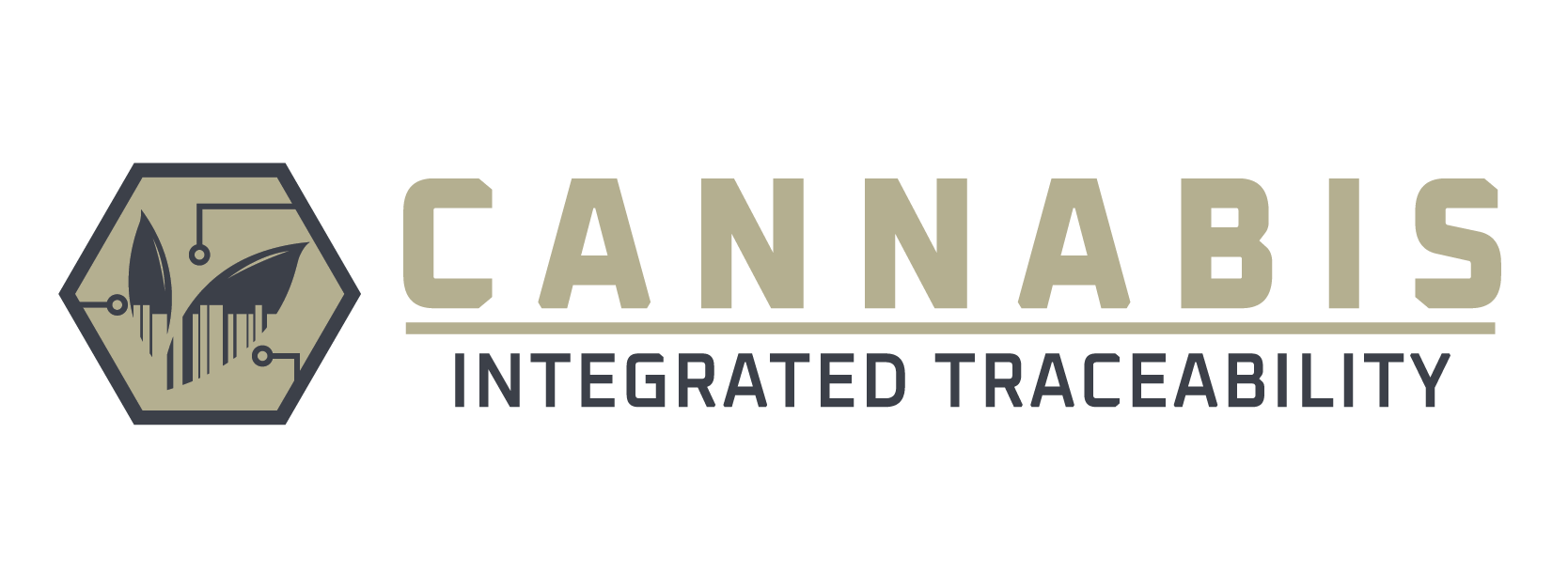As technology continues to underpin nearly every facet of modern business, security and data privacy are no longer optional—they’re foundational. This is especially true in industries like cannabis, where highly regulated data, from patient records to seed-to-sale tracking, is collected, stored, and transmitted digitally. One of the gold standards for verifying that organizations are handling data responsibly is SOC 2 Compliance. But what does this mean, and why does it matter—particularly for cannabis technology providers?
What is SOC 2 Compliance?
SOC 2, or System and Organization Controls 2, is a framework developed by the American Institute of Certified Public Accountants (AICPA) to evaluate how well a company manages customer data based on five “Trust Service Criteria”:
- Security – Protection against unauthorized access.
- Availability – Systems are operational and accessible as agreed upon.
- Processing Integrity – System processing is accurate, timely, and authorized.
- Confidentiality – Information designated as confidential is protected.
- Privacy – Personal information is collected, used, and disclosed appropriately.
A SOC 2 audit is conducted by an independent third-party firm and results in a report that provides assurance to clients and regulators that the business adheres to these principles. There are two types of reports:
- Type I: Assesses the design of controls at a specific point in time.
- Type II: Evaluates how well those controls function over a period, typically 3-12 months.
Why SOC 2 Matters in Technology
For any software company—especially those offering cloud services or SaaS platforms—SOC 2 compliance acts as a seal of trust. It demonstrates that the business has institutionalized security measures that are proactively monitored and maintained.
In industries where data privacy and integrity are paramount, such as healthcare, FinTech, or e-commerce, clients often demand SOC 2 certification before entering a partnership. It reduces risk, proves due diligence, and ensures business continuity.
The Role of SOC 2 in the Cannabis Industry
The cannabis industry, though federally illegal in the U.S., is governed by state-by-state regulations that emphasize data traceability, compliance, and secure handling of sensitive information. Cannabis software vendors—particularly those offering seed-to-sale tracking, POS systems, delivery logistics, and compliance monitoring—are prime candidates for SOC 2 certification.
Here’s why SOC 2 is becoming critical for cannabis tech companies:
1. Regulatory Compliance Alignment
Cannabis companies already face intense scrutiny from state agencies. SOC 2 compliance helps reinforce that a technology vendor meets or exceeds regulatory expectations for data handling, recordkeeping, and system integrity.
2. Data Sensitivity
From medical marijuana patient information to financial transaction histories, cannabis businesses handle data that, if breached, could be disastrous. SOC 2 compliance helps mitigate this risk by establishing a framework for strong cybersecurity practices.
3. Investor Confidence
Investors are more likely to back tech platforms that can demonstrate sound governance and operational maturity. A SOC 2-certified cannabis SaaS company signals that it’s prepared for scale—and scrutiny.
4. Competitive Advantage
In a young and fragmented industry, SOC 2 compliance is still relatively rare. Tech vendors that invest in it can use it as a differentiator when pitching to large MSOs (multi-state operators), regulators, or health providers.
Looking Ahead
SOC 2 is not a legal requirement for cannabis tech companies—yet. But as the industry matures and federal legalization looms, the pressure to formalize data governance structures will only increase. Forward-thinking companies are already using SOC 2 as a road map for scalable, secure growth.
Whether you’re a dispensary using cloud-based point-of-sale, or a compliance officer overseeing digital inventory tracking, choosing vendors with SOC 2 certification offers more than peace of mind—it provides a strategic advantage in a complex and fast-moving industry.
